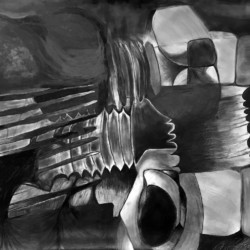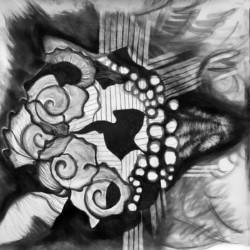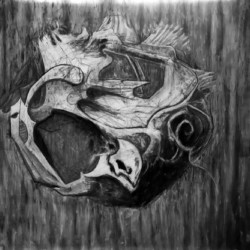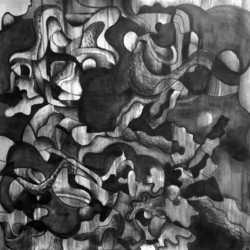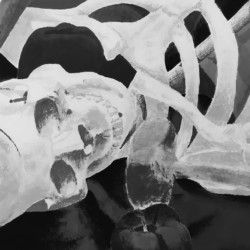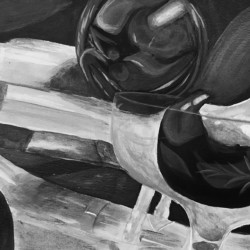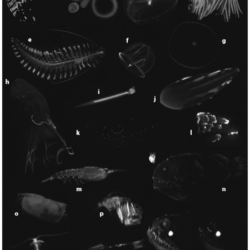2019 Edition
A Note from the Editors
By K.E. Daft '19 & Marin Harrington '21
Welcome to the 39th edition of The Writing Anthology.
See MoreLiterary Style in Nervous Conditions
By Brandon Rosas '20
Tsitsi Dangarembga writes her debut novel, Nervous Conditions, with a liberatingly dense style. Unlike that of many other African writers, Dangarembga’s periphrastic, prolix prose harkens back more to that of Charles Dickens than to that of Chinua Achebe.
See MoreDionysian and Apollonian Elements in David’s The Tennis Court Oath
By Christian Warner '20
Jacques-Louis David’s Le Serment du Jeu de Paume, or The Tennis Court Oath presents us with a chaotic scene. In this unfinished painting, there are hundreds of people clustered together, seemingly in a frenzy. Yet, there is no physical violence in the painting. Although there is a sense of chaos from the sheer volume of people crammed in the tennis court, there is also a sense of communion—communion in the sense that all the people in the painting are together and regard each other as brothers or allies.
See MoreThe Man in the Wagon
By Delanie Donovan '19
The Irish Sea breeze blew my hair, tickling my face and ears as it danced in the wind and I swore I could taste the sea salt on my lips.
See MoreLast Refuge: The Escape from Violence in Kafka on the Shore
By Bailey Anderson '18
Postmodernist novels famously defy convention and resist unifying theories or ideologies. They lack conclusionary details and the most bizarre occurrences are often left “up in the air.” Even in the novels themselves, readers are sometimes advised against trying to make too much out of the stories they tell.
See MoreLa casa y la identidad en La casa en Mango Street
By Molly Timmerman '18
La Casa en Mango Street de Sandra Cisneros es narrada por una joven chicana llamada Esperanza. Durante la historia, Esperanza tiene doce o trece años y vive en Chicago, en un barrio pobre con muchos otros latinos.
See MoreThe Bohemian Problem: A Sociological and Literary Examination of Willa Cather’s Fraught Relationship with Czech Culture
By K.E. Daft '19
Willa Cather has been hailed, for decades, as an advocate for Bohemian culture.
See MoreBioluminescence in Lanternsharks and its Impact on Communication via Identification
By Braden Furness '20
Bioluminescence is a key part to many organisms and their lifestyle, both on land and in the ocean.
See MoreFace Value
By Marin Harrington '21
I knew it was Katharine’s birthday the next day. I had been celebrating it for years, as she was of my closest friends, and one of the few left from high school I still communicated with now that we were dispersed across the United States at different colleges.
See MoreTeaching Elementary Mathematics to Students with Disabilities: Strategies for Instruction
By Marina Paul '21
When asked to think about learning challenges in elementary school, it would be safe to assume that many people would reflect on the difficulties of mathematics.
See MoreMachiavelli’s Politics and A Game of Thrones: The Board Game
By Matthew Wells '18
A Game of Thrones: The Board Game (GOT) is a laudable effort to put in players’ hands the chance to exercise their inner Machiavellian in a (hopefully) nonviolent fashion.
See More